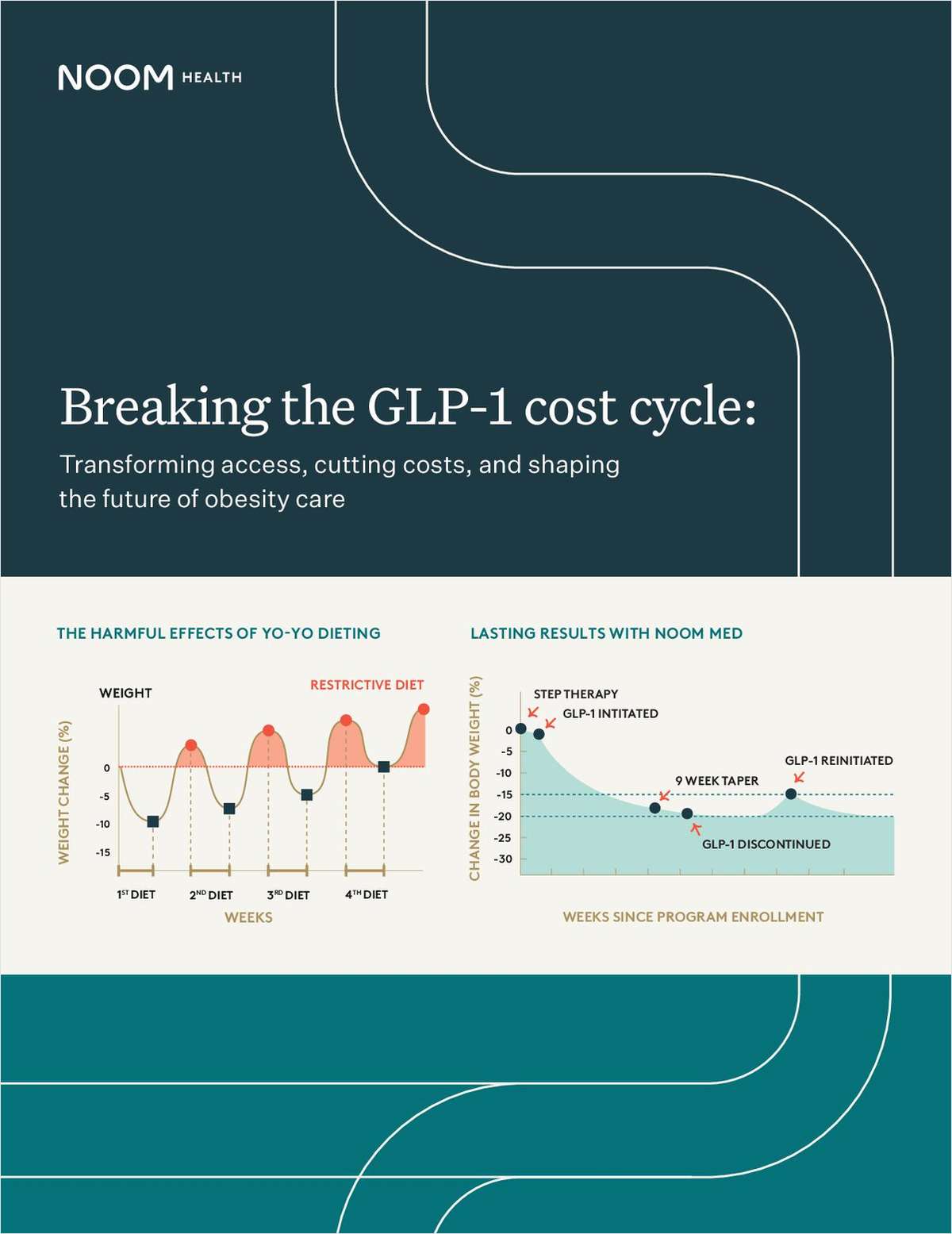The Legacy of 'In Re: Gault,' 50 Years On
Fifty years ago on May 15, the U.S. Supreme Court issued the landmark decision of In Re: Gault. Connecticut's commitment to juvenile justice has given us hope that the legacy of Gault will continue to be honored for another 50 years.
July 21, 2017 at 03:56 PM
4 minute read
Fifty years ago on May 15, the U.S. Supreme Court issued the landmark decision of In Re: Gault. Connecticut's commitment to juvenile justice has given us hope that the legacy of Gault will continue to be honored for another 50 years.
In 1967, 15-year-old Gerald Gault was taken into custody for making prank phone calls to his neighbor in Arizona. His parents were not called or notified that he had been arrested. Gerald had two hearings before the judge but he was never formally told what he was charged with. There was no lawyer present on his behalf at his “trial,” which consisted of him being cross-examined by the judge. The alleged victim did not testify. Indeed, there wasn't even a transcript of the proceedings. The judge found him delinquent and committed him to the Arizona Technical School, the 1967 equivalent of our training school, for a maximum period of six years, i.e., until he turned 21. By contrast, if Gerald had been 18, the maximum penalty would have been a $50 fine or two months in jail.
The juvenile court system back then was markedly different from adult courts. With the focus on rehabilitation, not punishment, constitutional protections afforded an adult defendant were deemed unnecessary for juveniles. Those in favor of this approach wanted to de-emphasize the adversarial nature of the court system and instead wanted to give the state the role of parens patriae. As Gerald Gault's case demonstrated, however, this approach led to arbitrary and unjust results. As the Supreme Court noted, “unbridled discretion, however benevolently motivated, is frequently a poor substitute for principle and procedure.”
This content has been archived. It is available through our partners, LexisNexis® and Bloomberg Law.
To view this content, please continue to their sites.
Not a Lexis Subscriber?
Subscribe Now
Not a Bloomberg Law Subscriber?
Subscribe Now
NOT FOR REPRINT
© 2025 ALM Global, LLC, All Rights Reserved. Request academic re-use from www.copyright.com. All other uses, submit a request to [email protected]. For more information visit Asset & Logo Licensing.
You Might Like
View All

Trump Seeks Pause of Supreme Court Cases, Disavows DOJ Stance on Voting Rights Act

Hours After Trump Takes Office, Democratic AGs Target Birthright Citizenship Order
4 minute read
Censorship or Security Measure? TikTok Ban Pits Civil Liberties Groups Against US Officials
Trending Stories
- 1Uber Files RICO Suit Against Plaintiff-Side Firms Alleging Fraudulent Injury Claims
- 2The Law Firm Disrupted: Scrutinizing the Elephant More Than the Mouse
- 3Inherent Diminished Value Damages Unavailable to 3rd-Party Claimants, Court Says
- 4Pa. Defense Firm Sued by Client Over Ex-Eagles Player's $43.5M Med Mal Win
- 5Losses Mount at Morris Manning, but Departing Ex-Chair Stays Bullish About His Old Firm's Future
Who Got The Work
J. Brugh Lower of Gibbons has entered an appearance for industrial equipment supplier Devco Corporation in a pending trademark infringement lawsuit. The suit, accusing the defendant of selling knock-off Graco products, was filed Dec. 18 in New Jersey District Court by Rivkin Radler on behalf of Graco Inc. and Graco Minnesota. The case, assigned to U.S. District Judge Zahid N. Quraishi, is 3:24-cv-11294, Graco Inc. et al v. Devco Corporation.
Who Got The Work
Rebecca Maller-Stein and Kent A. Yalowitz of Arnold & Porter Kaye Scholer have entered their appearances for Hanaco Venture Capital and its executives, Lior Prosor and David Frankel, in a pending securities lawsuit. The action, filed on Dec. 24 in New York Southern District Court by Zell, Aron & Co. on behalf of Goldeneye Advisors, accuses the defendants of negligently and fraudulently managing the plaintiff's $1 million investment. The case, assigned to U.S. District Judge Vernon S. Broderick, is 1:24-cv-09918, Goldeneye Advisors, LLC v. Hanaco Venture Capital, Ltd. et al.
Who Got The Work
Attorneys from A&O Shearman has stepped in as defense counsel for Toronto-Dominion Bank and other defendants in a pending securities class action. The suit, filed Dec. 11 in New York Southern District Court by Bleichmar Fonti & Auld, accuses the defendants of concealing the bank's 'pervasive' deficiencies in regards to its compliance with the Bank Secrecy Act and the quality of its anti-money laundering controls. The case, assigned to U.S. District Judge Arun Subramanian, is 1:24-cv-09445, Gonzalez v. The Toronto-Dominion Bank et al.
Who Got The Work
Crown Castle International, a Pennsylvania company providing shared communications infrastructure, has turned to Luke D. Wolf of Gordon Rees Scully Mansukhani to fend off a pending breach-of-contract lawsuit. The court action, filed Nov. 25 in Michigan Eastern District Court by Hooper Hathaway PC on behalf of The Town Residences LLC, accuses Crown Castle of failing to transfer approximately $30,000 in utility payments from T-Mobile in breach of a roof-top lease and assignment agreement. The case, assigned to U.S. District Judge Susan K. Declercq, is 2:24-cv-13131, The Town Residences LLC v. T-Mobile US, Inc. et al.
Who Got The Work
Wilfred P. Coronato and Daniel M. Schwartz of McCarter & English have stepped in as defense counsel to Electrolux Home Products Inc. in a pending product liability lawsuit. The court action, filed Nov. 26 in New York Eastern District Court by Poulos Lopiccolo PC and Nagel Rice LLP on behalf of David Stern, alleges that the defendant's refrigerators’ drawers and shelving repeatedly break and fall apart within months after purchase. The case, assigned to U.S. District Judge Joan M. Azrack, is 2:24-cv-08204, Stern v. Electrolux Home Products, Inc.
Featured Firms
Law Offices of Gary Martin Hays & Associates, P.C.
(470) 294-1674
Law Offices of Mark E. Salomone
(857) 444-6468
Smith & Hassler
(713) 739-1250










